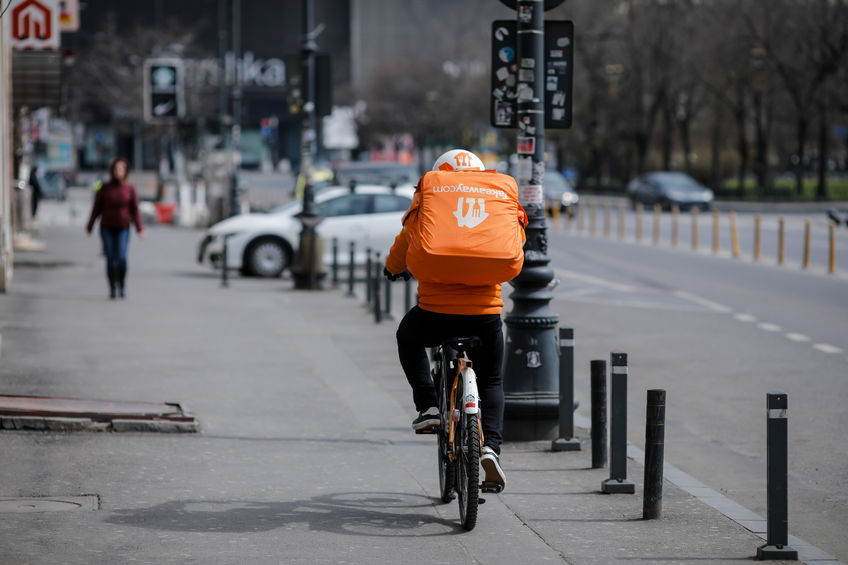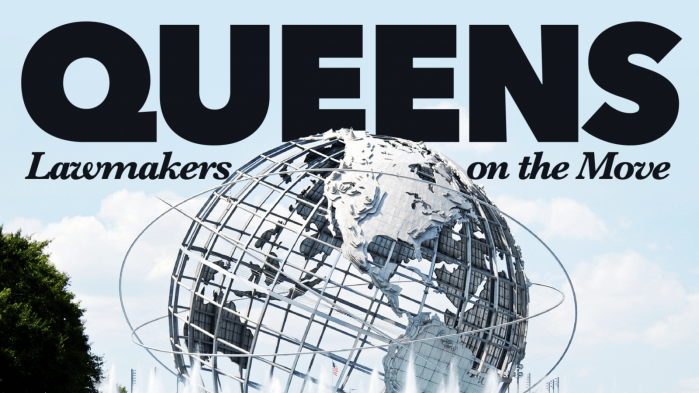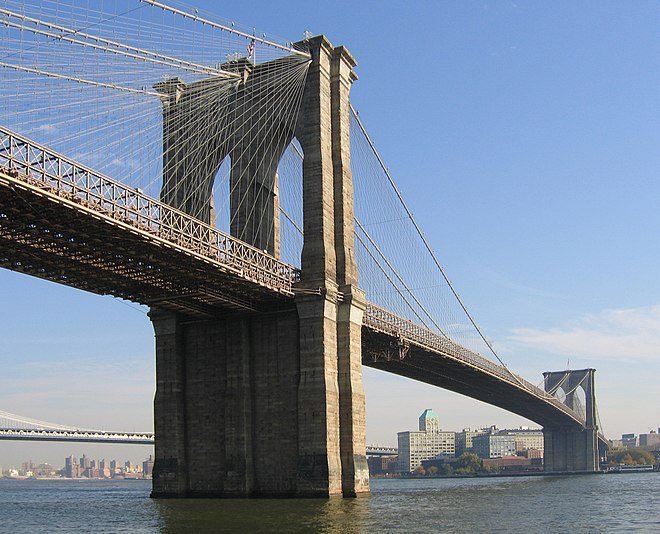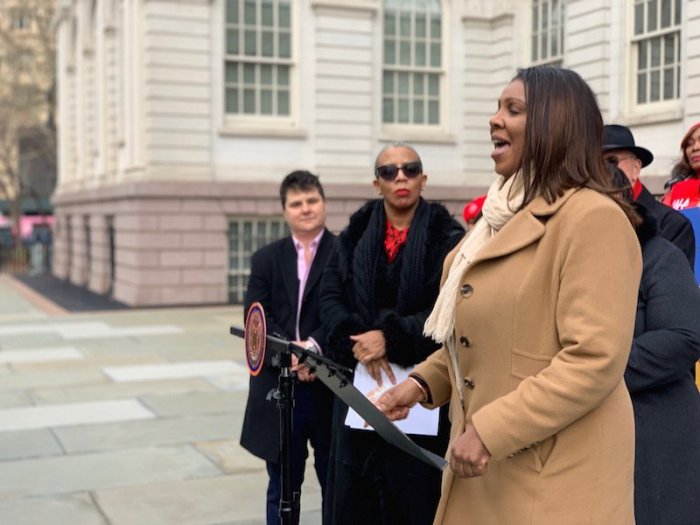After spending six weeks recovering from COVID-19, Doug Washington wasn’t sure he wanted to go back to work. His son has severe asthma and he didn’t want to bring the virus home again from his job as a commercial sanitation worker at Royal Waste in Jamaica, Queens.
But on Monday, after hearing from other members of his union about a package of legislation in New York City Council aimed at protecting essential workers, he did.
“This bill is something that is much needed to uplift spirits,” said Washington, a member of Teamsters Local 813. “I’m glad it’s being done now.”
The New York Essential Workers Bill of Rights Package is made up of three bills and a resolution all aimed at protecting essential workers, like Washington, and their families. It is set to be discussed on Tuesday at 10 a.m. during a virtual city council meeting.
If passed, the bills would redefine many contract workers, such as Uber drivers, as employees and provide them with paid sick leave. They would provide broader whistleblower protections so that employees can’t get fired for demanding safer work environments and would mandate that employers provide just cause when firing an employee to prevent retaliation against such complaints.
Companies with more than 100 employees would be required to pay a premium per shift to hourly essential workers.
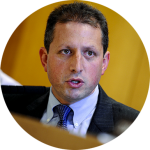
“It’s great that folks will go and clap once a day at seven o’clock but we need to do more than clap,” said City Councilmember Brad Lander (D-Brooklyn), the sponsor of the bill which would mandate paid sick leave for many contract workers, during a Zoom press conference on Monday afternoon. “We need to make sure we protect our workers,”
Many essential workers have always been underpaid and underappreciated, said Paul Sonn, the state policy program director at the National Employment Law Project, and with the pandemic, they are struggling more than ever. He emphasized that workplaces, such as warehouses and meatpacking plants, are main sites of COVID-19 transmission. These laws will be even more important as the economy starts to open up.
“New York has a chance to lead the nation with a model for how local government can respond to our community’s’ needs during the COVID crisis,” he said about the legislative package.
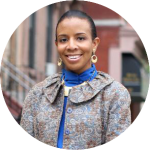
City Councilmember and Majority Leader Laurie Cumbo (D-Brooklyn) said that she welcomed push back and feedback during Tuesday’s hearing.
“We have to put great minds together to be able to think about, ‘how do we make this happen,’” she said about her proposed premiums for essential shift workers at large companies. “This is not fluff money. It is not something that’s above and beyond, or extra,” she said.
Some of the bills seek permanent change, but City Councilmember Ben Kallos (D-Manhattan), the sponsor of INT 1923 which would strengthen whistleblower protections and prevent retaliatory firings, said that his bill would only apply during emergencies like the one currently unfolding — a pandemic.
“I don’t think it’s too much to ask,” he said.
Sumani Lanka, a staff attorney at the Legal Aid Society in their employment law unit said that these bills would provide protections for essential workers that currently aren’t covered by law. Being able to afford to take time off when sick and to protest dangerous working conditions will protect everyone, she said, not just essential workers.
“These bills require only that employers do the right thing by their employees and by the public,” Lanka said.


